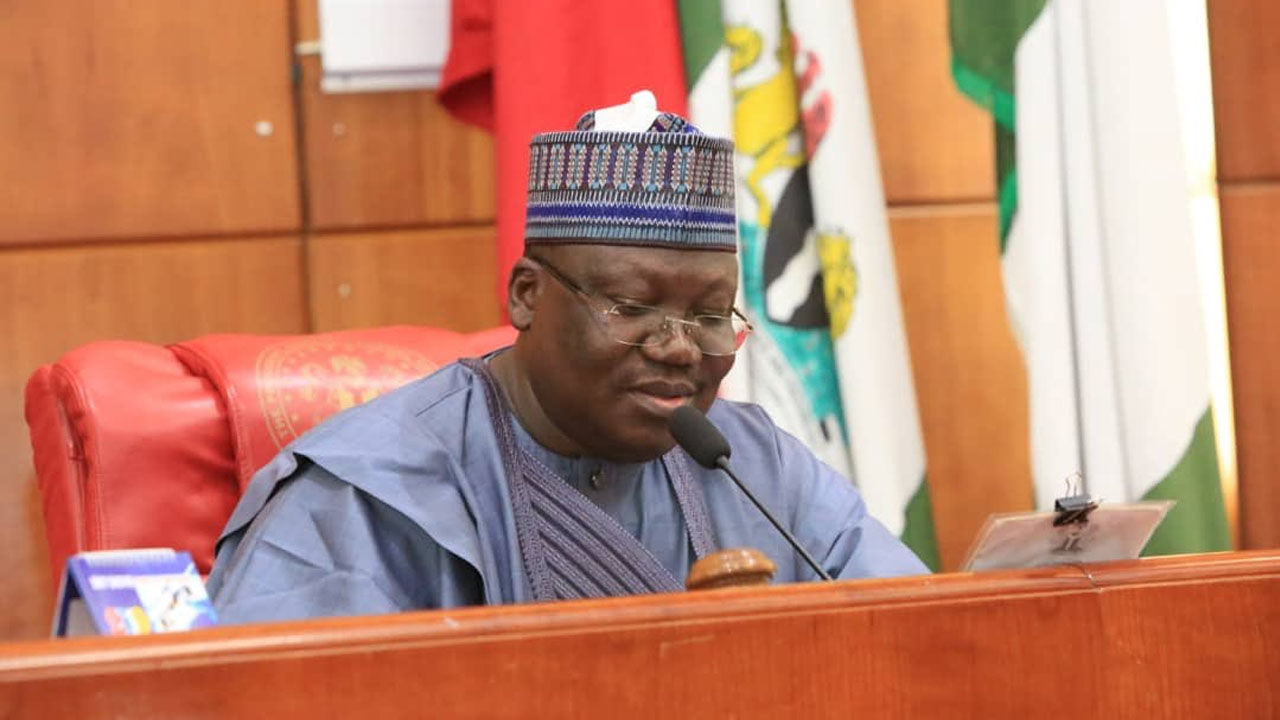
The 2024 Mo Ibrahim Index on African Governance has unveiled challenges in Nigeria’s governance landscape.
According to a statement by the Public Relations Officer, Centre for Fiscal Transparency and Public Integrity, Victor Okebe Agi, Nigeria ranks 33rd among 53 African nations, with a score of 45.7 out of 100, and has experienced a -1.4 decline in its governance score between 2014 and 2023.
The decline, it stated, was further underscored by low scores in critical categories, such as security and rule of law (39.7); participation, rights and inclusion (47.9); foundations for economic opportunity (48.6); and human development (46.4).
“These figures, when compared with the performances of federal public institutions, the 36 state governments and the 774 local government areas (LGAs) in the Transparency and Integrity Index 2024, also recently released by the centre, point to the country’s systemic decline and reflect broader governance challenges in Nigerian institutions.
“As Nigeria has traditionally held a prideful position as the giant of Africa, these rankings are an urgent reminder of the nation’s slipping standing in the African and global arenas. While Nigeria’s size, population, and resources position it as a leader on the continent, governance failures undermine its potential and influence. The Mo Ibrahim Index and the Transparency and Integrity Index underscore a lack of transparency, ineffective public sector accountability and inconsistent enforcement of anti-corruption mechanisms. These indicators suggest a system that needs immediate reform to restore confidence and reverse these troubling trends.”
It noted that Nigeria’s declining governance score had a profound impact on its national and international reputation, stressing that the lack of rule of law and security had not only affected domestic stability but also deterred foreign direct investment and constrained economic growth.
On the country’s performance in the areas of human development, economic opportunities and inclusion signals, it said Nigeria’s challenges had jeopardised her ambition to lead in Africa’s economic and political spheres.
“Furthermore, these governance gaps exacerbate issues such as poverty, inequality, and infrastructure deficiencies and diminish Nigerians’ quality of life and opportunities for socio-economic progress, it said, warning that failure to address the deficits would have long-term implications, from eroding public trust to an environment ripe for corruption and impunity,” it added.
The centre called on stakeholders, including civil society, media, private sector partners, and individuals to support and champion well-meaning efforts and reforms.






